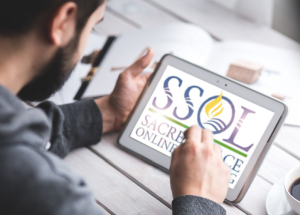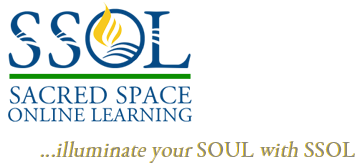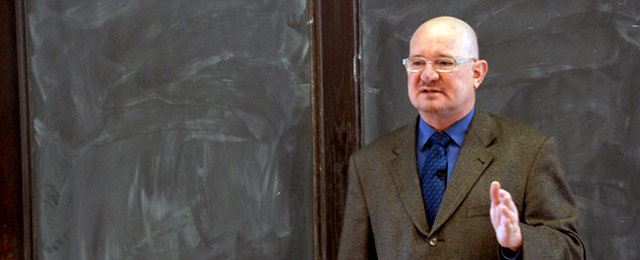Although theological themes occupy much attention, the course does not attempt a theological appropriation of the New Testament as scripture. Rather, the importance of the New Testament and other early Christian documents as ancient literature and as sources for historical study will be emphasized. A central organizing theme of the course will focus on the differences within early Christianity (-ies). This on-demand online religious course includes (26) lectures.
Learn more about this online religious course from Yale University
Texts
A modern translation of the Bible. The New Revised Standard Version is recommended. A good study-Bible edition is The New Oxford Annotated Bible with Apocrypha. Other reputable modern editions, such as The New English Bible, The Jerusalem Bible, or The New International Version, are acceptable. This is meant to exclude old versions, such as the King James Version or the Douay Version, and modern paraphrases, such as The Living Bible.
Ehrman, Bart D. The New Testament: A Historical Introduction to the Early Christian Writings, 4th ed. New York: Oxford University Press, 2007.
About Professor Dale B. Martin
Dale B. Martin is the Woolsey Professor of Religious Studies at Yale. He was educated at Abilene Christian University, Princeton Theological Seminary, and Yale University. His work explores the New Testament, Christian origins, the Greco-Roman world, the ancient family, and gender and sexuality in the ancient world. Professor Martin has been awarded fellowships by the National Endowment for the Humanities, the Fulbright Commission, the Alexander von Humboldt Foundation, and the Lilly Foundation. He is a member of the American Academy of Arts and Sciences (elected 2009). His publications include Slavery as Salvation, The Corinthian Body, Inventing Superstition, Sex and the Single Savior, and Pedagogy of the Bible.





